In this episode recorded on 10.07.2024, our host, Ramah Nyang, is joined by David Rogovic - VP and Senior Credit Officer at Moody’s, Jared Osoro - Economist and Director of Credit Markets at FSD Africa, and Tom Ogada - Programme Assistant at Okoa Uchumi to breakdown Kenya’s debt situation.
We also cover the current fiscal challenges, the diminished capacity for fiscal consolidation, the implication of domestic debt restructuring, Moody's assessment of debt exchange, public debt audit, and the credibility of public data.
Subscribe to get notified when we make a new post.
Key Quotes
“We've been talking for a very long time about expanding the tax net. That simply means bringing more people or more economic agents to that tax bracket. The unfortunate reality is that we've been doing so using convenient but not necessarily effective ways and that is leaning more towards indirect taxes consumption-based taxes. We have seen a proliferation of excise duty, and VAT which touches on almost every economic agent. The problem with that is that it may not necessarily lead to the expansion of the tax revenue. In any event, it may actually lead to what you can call a discouraging consumption.”
Jared Osoro, Director of the Credit Markets Program at FSD Africa
“When we think about the key credit challenge for Kenya from Moody's perspective, yes, the debt burden is high, but debt affordability, which we measure as interest to revenue or interest to GDP is really weak, really high interest to revenue ratio. One of the highest among all the sovereigns that we rate. Of the 143 sovereigns rated, it's in the lowest 10, or the bottom 10 sovereigns. And again, without the revenue measures given the current interest rate environment, given the larger fiscal deficits that we're expecting this year, relative to what was expected prior to the cancellation of these tax measures which should imply higher domestic borrowing, debt affordability will worsen even further.”
David, Vice President and Senior Analyst at Moody's Sovereign Risk Group
“If you think about this, the balance between a revenue-based fiscal consolidation versus an expenditure-based fiscal consolidation. The revenue-based one gives us more confidence that the narrowing in the fiscal deficit that we would project for this year would continue for the year after and the year after versus the spending cuts this year. If you agree that they are more temporary in nature, then you would expect at some point spending to rise, and without an equal rise in revenue that means larger fiscal deficits in the future.”
David, Vice President and Senior Analyst at Moody's Sovereign Risk Group
“What we're really looking for is confidence over the fiscal consolidation that limits the deterioration in the debt burden, debt affordability. So whether it's through revenue measures, spending measures, something that gives us confidence that we can comfortably expect to see a narrower fiscal deficit year after year, that's consistent with debt declining or stabilizing at some point in the future that will be really what we're looking for.”
David, Vice President and Senior Analyst at Moody's Sovereign Risk Group
“Let us fix our expenditure and the leakages that we have so that we can see how we can reduce the fiscal deficit that we have because it is what is informing the kind of borrowing and the debt stock that we are seeing.”
Tom Ogada, Programs Assistant at the Civil Society Group, Okoa Uchumi
Show Notes
00:00:00 Introduction
00:02:10 Fiscal Challenges and Debt Restructuring
00:15:06 Public Policy Litigation
00:20:08 Diminished Capacity for Fiscal Consolidation
00:25:40 Market Access
00:27:25 Implication of Domestic Debt Restructuring
00:29:59 Public Debt Audit and Credibility of Public Data
00:40:17 Moody's Assessment of Debt Exchange
00:43:19 Debt Service Costs and Improving Ratings
00:51:44 Final Thoughts

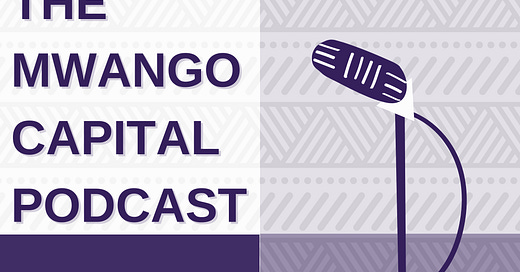
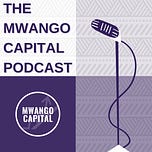


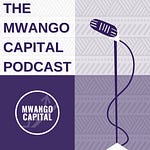
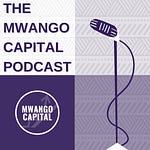
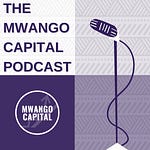
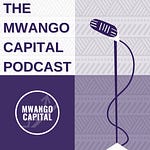
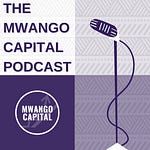
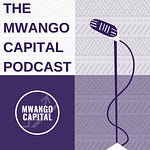


Share this post